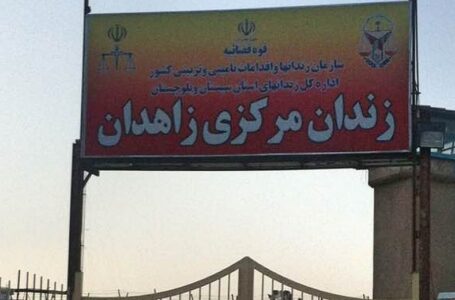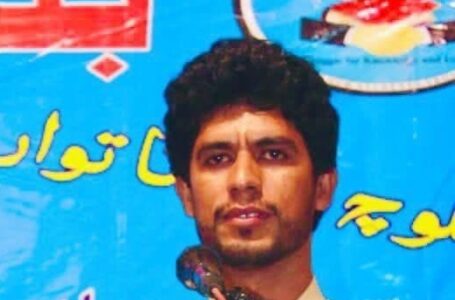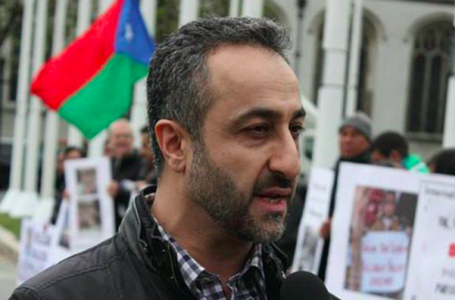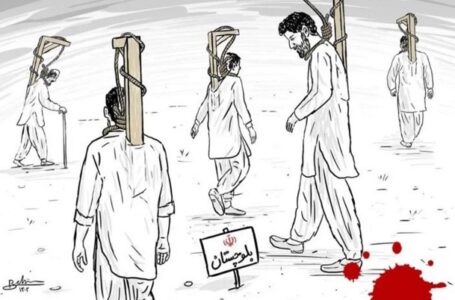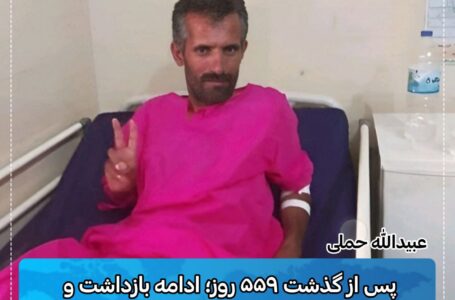Balochistan: Officials Involved in Zahedan Massacre will Not be Executed
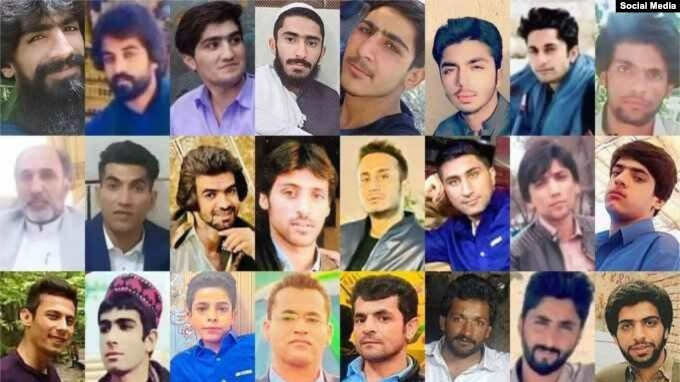
DOZZAAP (ZAHEDAN) – Ali Mohebbi Rad, the Head of the Judiciary in Iranian-occupied Balochistan, confirmed on Saturday, January 12, 2025, that although the initial investigation had considered charging military personnel involved with premeditated murder, uncertainty over which individuals fired and which weapons were used meant that the case would not result in executions. Instead, the officers involved would face prison sentences of up to 10 years.
He also stated that blood money (diya) will be paid to the victims of the “Bloody Friday” incident, which occurred on September 30, 2022, in Zahedan.
The “Bloody Friday” incident took place when military forces opened fire on Baloch citizens gathered for Friday prayers at the Makki Mosque in Zahedan, resulting in the deaths and injuries of hundreds of civilians.
Some relatives of the victims had previously expressed dissatisfaction, claiming that the case had been closed a year ago due to political interference. They reported that some families had already received blood money but voiced frustration, demanding further retribution for those responsible for the killings.
One anonymous family member accused those who pushed for the payment of blood money of being complicit in suppressing calls for full accountability.
Meanwhile, a family member from Khash, another city affected by the violence, revealed that the government had allocated over 10 billion Toman to compensate the families of victims of the Khash killings, with many already receiving payments.
The “Bloody Friday” incident has remained a focal point of controversy between the Baloch people and the Iranian government.
The violence was sparked by an incident in which the former police commander of Chabahar, Colonel Ebrahim Kuchkazai, was accused of sexually assaulting a Baloch teenage girl during a police interrogation. The assault, which occurred on September 1, 2022, fuelled outrage among the local population.
Protests erupted in Zahedan, with citizens taking to the streets after Friday prayers on September 30, demanding justice for the assault. Security forces, stationed on rooftops around Police Station 16 and adjacent buildings, opened fire on the protesters, shooting them in the head and chest.
Eyewitnesses reported multiple shootings throughout the day as protesters returned to the police station after witnessing the bloodshed at the mosque.
The Iranian Revolutionary Guard Corps (IRGC) also joined in the crackdown, pursuing the protesters through the streets and continuing to fire on them for several hours after the initial assault.
The violence of that day, now known as “Bloody Friday,” remains a contentious and painful issue in the region. As the investigation continues, many families of the victims insist on retribution and the execution of those responsible for the brutal murder of loved ones and peaceful protesters.

